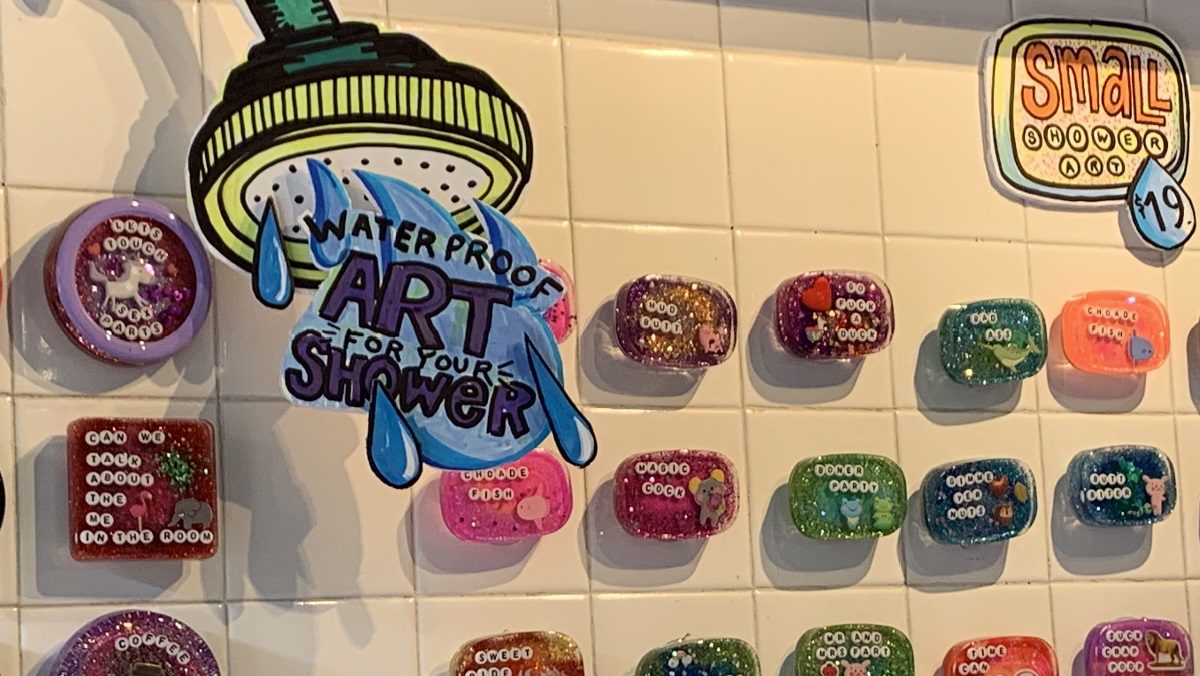Do you feel stressed? Are you upset about something? Most of us answer yes to that question. But how about this: What are you grateful for today? The answer could surprise you and make you happy at the same time, says happiness researcher Karlheinz Ruckriegel ntv.de.
One often has the feeling that people talk more often about the negative things in their lives than about the positive. They complain about the weather or about the train that was late again. Why is that?
We generally perceive negative things that happen much more strongly than positive ones. The latter usually go under. So we often only see the bad things in life and therefore think the world is terrible. This is due to evolutionary biology. In the past, we had to perceive dangers more actively in order not to be eaten by the next big animal. The limbic system in the brain is responsible for this. It’s all about survival in the here and now. The limbic system is already many millions of years old, and it adapts only very slowly to new circumstances. It is no longer up to date. As a result, our perceptual system is much more responsive to negative things, even today. At the same time, many more positive things are happening in life today. A gratitude diary can help to focus on the good things that happen to us. But it also helps us to perceive life more realistically.
How does a gratitude diary work?
A gratitude diary is divided into two components. On the one hand, two to three times a week, you write down three things you are grateful for. It should be something that has happened in the past 24 hours. Besides, you write down what you have contributed to the fact that these things have happened. You understand by this that you influence how you feel and what happens in your life. One also speaks here of self-reality.
In what way is that helpful?
We know from research that people who have a positive happiness balance are healthier and have a higher life expectancy of up to ten years. A positive happiness balance means that the ratio of positive to negative is at least three to one. As several studies have shown, the gratitude diary has a positive effect on the happiness balance in very different areas of life.
Which areas are these?
On the one hand, it sensitizes for good in life. Studies have shown that people who keep a gratitude diary regularly and over a longer period get a different perspective on life. It trains the attention and one perceives the positive more consciously. This is also good for your health because you don’t always overstrain your immune system. It also improves the relationship with other people. A person who is in a good mood gets along better with other people than someone who is always in a bad mood.
Negative feelings cannot be entirely avoided despite practice. So how do you deal with them?
This works best through the neocortex. In evolution, the neocortex only developed in humans one to two million years ago. With it we can plan for the future. We have a dual-action system in the brain. It includes the limbic system already mentioned, in which feelings are treated, and the neocortex, with which we can act in a considered way. A negative attitude can indicate that something is not going well and make us aware of a need for action. But it can also be completely unnecessary. But this kind of negative feeling only burdens our emotional balance. You can therefore safely wean yourself off them.
An example is when you get upset about a traffic jam you are stuck in. It also makes no sense to let your negative emotions run free simply. Instead, you should think carefully about how you react. And that’s where the neocortex comes in. We are not our feelings. They are only a part of us. The art is, on the one hand, to differentiate between both types of negative emotions and, on the other hand, to react in a considered way.
You advise to write down three things you are grateful for. Why not more?
More is too much, to begin with. You can also write down five, but it is better to start with less and stick to it. You have to manage to hold on for a couple of weeks.
How is this best achieved?
It makes it easier to have a fixed place where you practice gratitude. There are also guided gratitude diaries that you can buy. There you are accompanied in the process because you only have to fill in the given columns. If you have written two or three months into such a book, then when you feel bad, you can always look back and read the past entries. This has a strong effect because you can see what has already happened in your life. In the brain, the reward system then starts up.
What is that?
In the brain, there is a reward system and the fear centre. If we focus our attention on negative things, our fear centre will always be activated. It pulls us down. But if we focus on the positive, the reward system in the brain lights up. And when that works, we are fine. For example, if you have a great conversation with someone, the brain perceives it as a reward, and we feel good afterwards. On the other hand, if you fight with a person, the conversation is processed in the fear centre, and we feel bad later. So by focusing more on the positive, we can influence ourselves whether we feel good or bad.
















